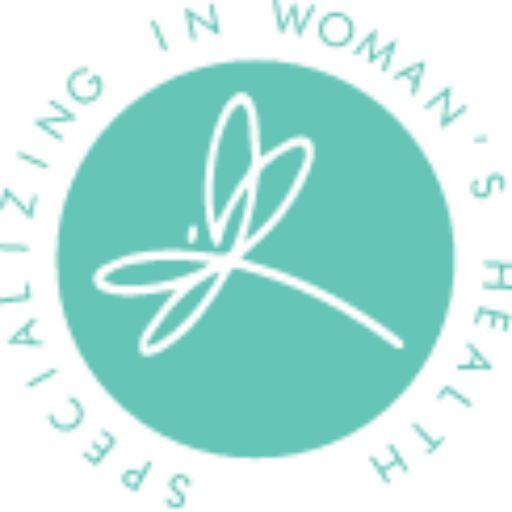
Ever since I started my Chinese medicine practice, I have been challenged with this question from time to time. It is an excellent question, and I will answer as best as I can.
According to Oxford dictionary, science is defined as the systematic study of the structure and behavior of the physical and natural world through observation, experimentation, and the testing of theories against the evidence obtained.
By this definition, Chinese medicine is scientific.
But I want to explain further why Chinese medicine is scientific as a person practicing Chinese medicine. Chinese medicine doesn’t invent illness; it defines health and wellness.
Generations and generations of practitioners observe the patterns of nature and illness and document the rhythm and patterns. These generations of doctors (including myself), experimented with and tested the formulas, herbs, and acupoints against the observed evidence. We follow specific ways to observe, diagnose and treat.
Take my practice, for example; when I moved to Colorado, my treatment didn’t work as well as it does now. This made me very frustrated. However, being a Chinese medicine practitioner, I applied my knowledge and first observed.

I noticed the change in climate, the change of daylight, the food culture, and the overall lifestyle in Colorado. I found out that people tend to over-exercise, lack sleep, have high stress, and are maladaptive to the change of season, and overuses medication. Most people may look strong on the outside but relatively weak on the inside. This is what we call “internal deficiency.”
So the rule that applies to deficiency is “when there is a deficiency, we tonify,” And with the deficiency, we can further subdivide it into Spleen deficiency, lung deficiency, heart deficiency, liver deficiency, and kidney deficiency, and then treat accordingly.
Today’s herbs and acupuncture treatments have been documented and time-tested for specific patterns. Even the dosages of herbs and acupoint selections are well documented. Many formulas and acupuncture treatment protocols have even undergone clinical trials to prove their efficacy and safety. If you go on google scholar and type in acupuncture, for example, you will find countless peer reviewed articles and clinical trials about its efficacy.

I understand that most people are confused by the TCM terms. Traditional Chinese medicine was developed over centuries. Some might argue that the terms we use in Chinese medicine, such as Yin and yang, Qi, or meridians, need to be more scientific.
We need to understand that the observations of illness, bodily symptoms, the systems of our health, and thus the language used, has existed in TCM way BEFORE all the “scientific terms” were invented. Modern day described inflammation, for example, often refers to “heat toxin” in TCM.
More importantly, the foundation of Chinese medicine is based on internal observation and the connection between the human body and the natural phenomenon. Conventional medicine is based on reductionism, focusing on molecular interaction and changes that can lead to oversimplifying systemic changes and pattern development.
Of course, sometimes, we encounter practitioners who may not have comprehensive training in TCM, leading to misunderstandings of the scientific nature of the practice. Some practitioners may even practice their personal or spiritual beliefs with this medicine, making it it look mystical. Imagine, even the most scientific of practice can look “mystical and pseudoscience” if the practitioner shows up with “the guru talks” and acts like mixing herbs is a practice of sorcery in Harry Potter…
However, those personal beliefs are not part of Chinese medicine. Chinese medicine’s beneficial impact on our health can be observed, tested, and repeated. In this sense, it is scientific.


